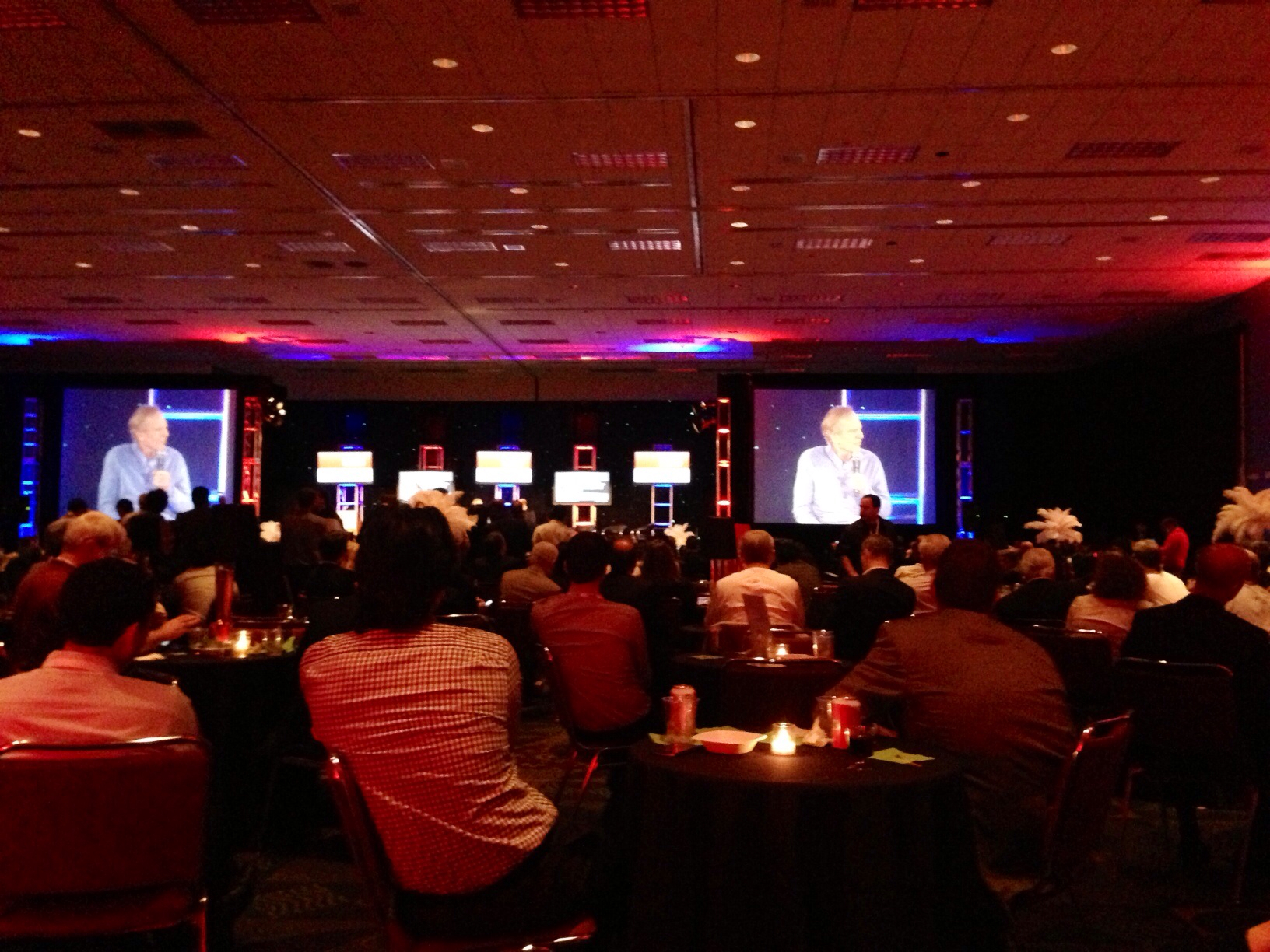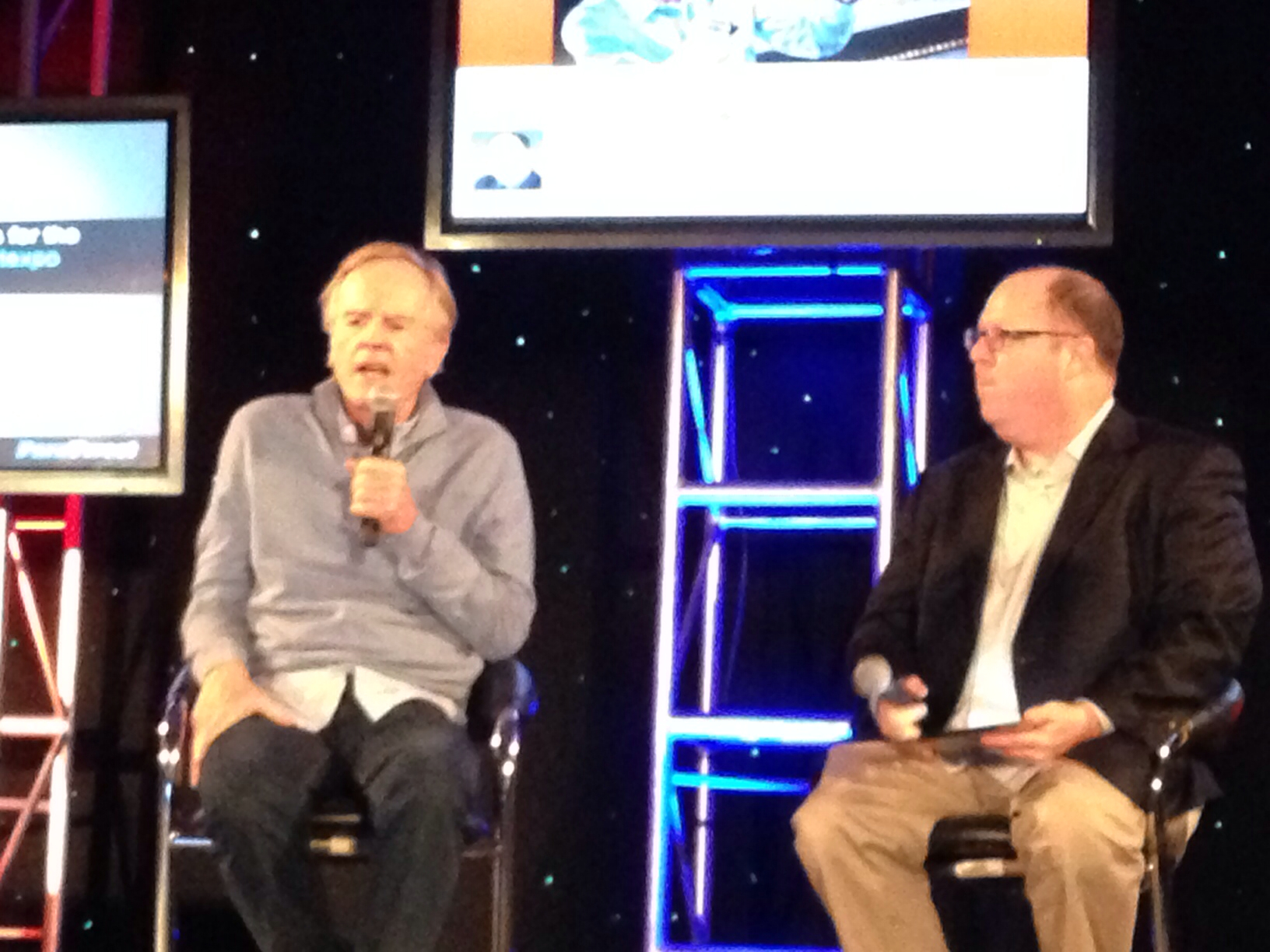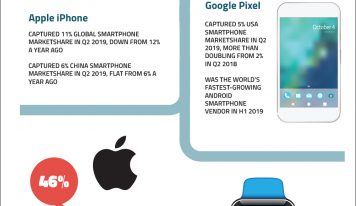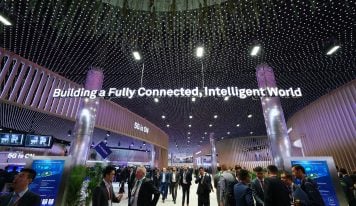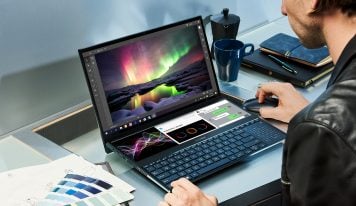John Sculley has taken the stage and the audience is riveted so far. He was the first MBA the company hired. He became the biggest advocate of creating a relationship with the consumer and the brand. Talk about lifestyle and experience and how the company focused on the “Pepsi Experience” through the newer color TVs was unique. They called it “Experience Marketing.”
Also discussed Pepsi Challenge – they set up challenge booths where people took blind taste tests. They did research ahead of time and realized Pepsi was slightly preferred 54% to 46%. They wanted to get the expression of people when they realized they preferred Pepsi over Coke. He said it drove Coke crazy. Was in his mid-30s and was CEO off Pepsi when he got a call from a recruiter. He was not the first person to be selected – he didn’t have computer experience. The board thought Steve Jobs was too young to be CEO but was given veto rights.
The first meeting with Steve Jobs took place shortly thereafter – in 1982. No one had gone from corporate America to Silicon Valley and people running high-tech companies were engineers at that time.
Eventually John told Steve no and Jobs asked if he wanted to sell sugar-water for the rest of his life or changee the world. A week later he had joined Apple.
At the time Commodore and Atari were the market leaders by far and IBM was up and coming. Apple had just launched Lisa at $10,000 which was a fortune at the time. Macintosh was more than a year away. The company needed cash for development and the only cash flow came from Apple II which was five years old. Sculley was tasked with keeping the cash coming from the old computer line and making sure there was enough money for marketing.
Jobs was fascinated with experience marketing – Jobs said they needed “Experience Marketing” at Apple. Jobs said Apple would win with Macintosh in the same way. “Jobs was a fast learner” according to Sculley.
He then discussed the famous Apple Super Bowl ad and the IBM Jr. Launch which analysts said would kill Apple. They decided to ride a wave of something popular – they decided George Orwell 1984 and had to preempt other companies. They asked for something to stop the world. And the commercial was launched.
John and Steve had a disagreement and the board asked Steve to step down from running the Mac division. John says that it was the wrong decision – really innovative companies need to be run by product leaders. Even if you can do integrated marketing – it is the product which drives businesses. They should have focused on having them work more closely together.
Sculley grew the company over 1,000% and was taking the leadership position from IBM but he was against licencing the MAC OS and was subsequently pushed out. Sculley says he had an amazing friendship and relationship with Jobs – John just wanted to keep the culture Steve created, going.
Jobs used to say its all aboutt user experience, no compromises, elegant design. The NeXT technology Jobs made was put back into Apple when the company was purchased.
John mentioned the companies he invests in now and how the country’s medical/healthcare problems can be solved with technology using the cloud. As long as you can get data from patients and use it to build relationships with patients, you can use the same ideas from Google and Amazon in healtchare. Due to regulatory issues you need domain experience. Misfit Wireless is one company he invests in is using wearable technology and the cloud to measure the health level of users.
There was a discussion of frugal engineering which is pushing companies to design products less expensively… Especially in places like India. He related this to Tim Cook’s supply chain mastery and how he was able to go from one product refresh a year to two – which has to be done as a result of product commoditization. He also lauded Tim Cook as a great CEO.
Sculley said today he wouldn’t work for a large company today because all the fun stuff happens in small companies. He said great entrepreneurs need to be good at recovery. He related a Tiger Woods story – being able to recover from a bad golf shot. “There is a very thin line between success and failure,” he exclaimed. He said Intel and Sun almost went bankrupt. Almost everyone has had a near-death experience he continued. “How do you handle yourself in a near-death experience?” is the question. Great entrepreneurs have to be great at recovering from near-death.
John went on to say that great entrepreneurs need to have insatiable curiosity in any domain you want – but pick an industry sector where change is happening now. We were 20 years too early when we came out with Newton he said. The aha moment was when he got a Newton and discovered he didn’t need to dial a number. The system pulled the number from the calendar and made the call. He was having lunch with Woz today discussing this actually.
Amazon has a higher multiple than Apple because Jeff Bezos is the closest Silicon Valley has to Steve Jobs. He then explained that Amazon is agreeing to pay sales tax in states as he builds fulfillment centers in the states for same-day delivery. He says the fight against Wal-Mart is coming.
Asked about a near-death experience he dealt with he said being kicked out of Apple was the worst thing that happened to him and it took him decades to recover.
All in all, this may have been the best keynote presentation I have ever heard. The audience questions were spot on and the answers were candid. We took a mutual walk down memory lane and the record was set straight in many areas. Steve Jobs is famous for revolutionizing so many markets such as computing, mobile, music and entertainment. It is fascinating to see how many ideas he actually got from John Sculley and how the products we use today like the iPad Mini embody design principles and marketing concepts John and Steve espoused in the eighties. One wonders what would have happened to Apple if things had turned out differently. If John didn’t join – if the board had sided with Steve, etc.
John mentioned that when Steve came back a second time he was more humble and we know he developed an OS which the company needed – but he did it outside of Apple’s offices. Point being, things seem to have turned out optimally the way they were. If you ever told someone things work out for the best when something bad happened and secretly thought to yourself they never really do… Here is an example of two people getting pushed out of a company and as a result both became exponentially more famous. Perhaps every cloud does indeed have a silver lining or better yet when the Apple board gives you rotten treatment, you make cider.

